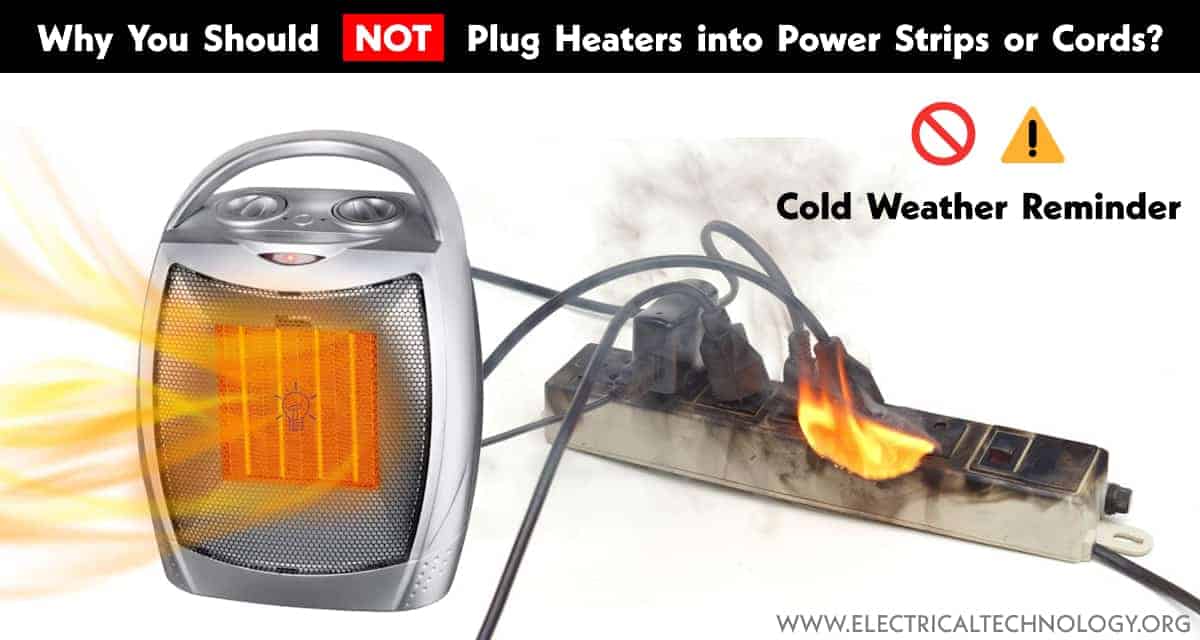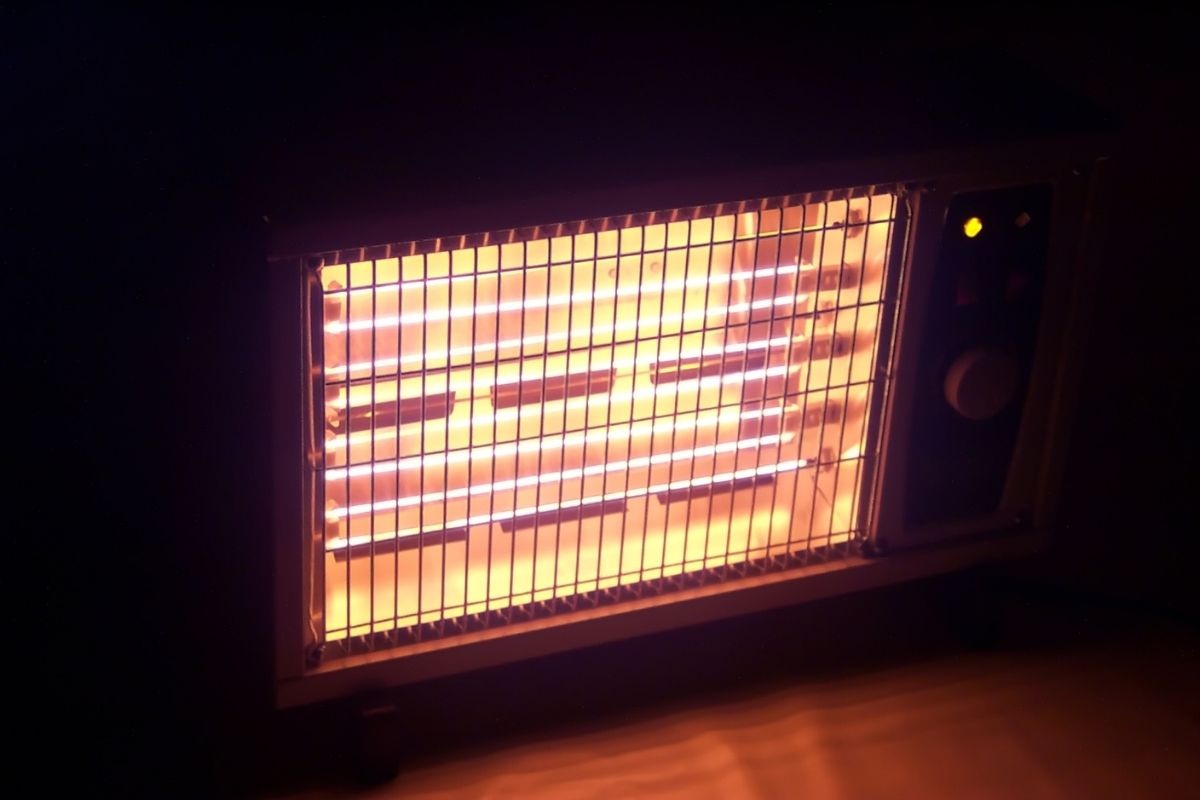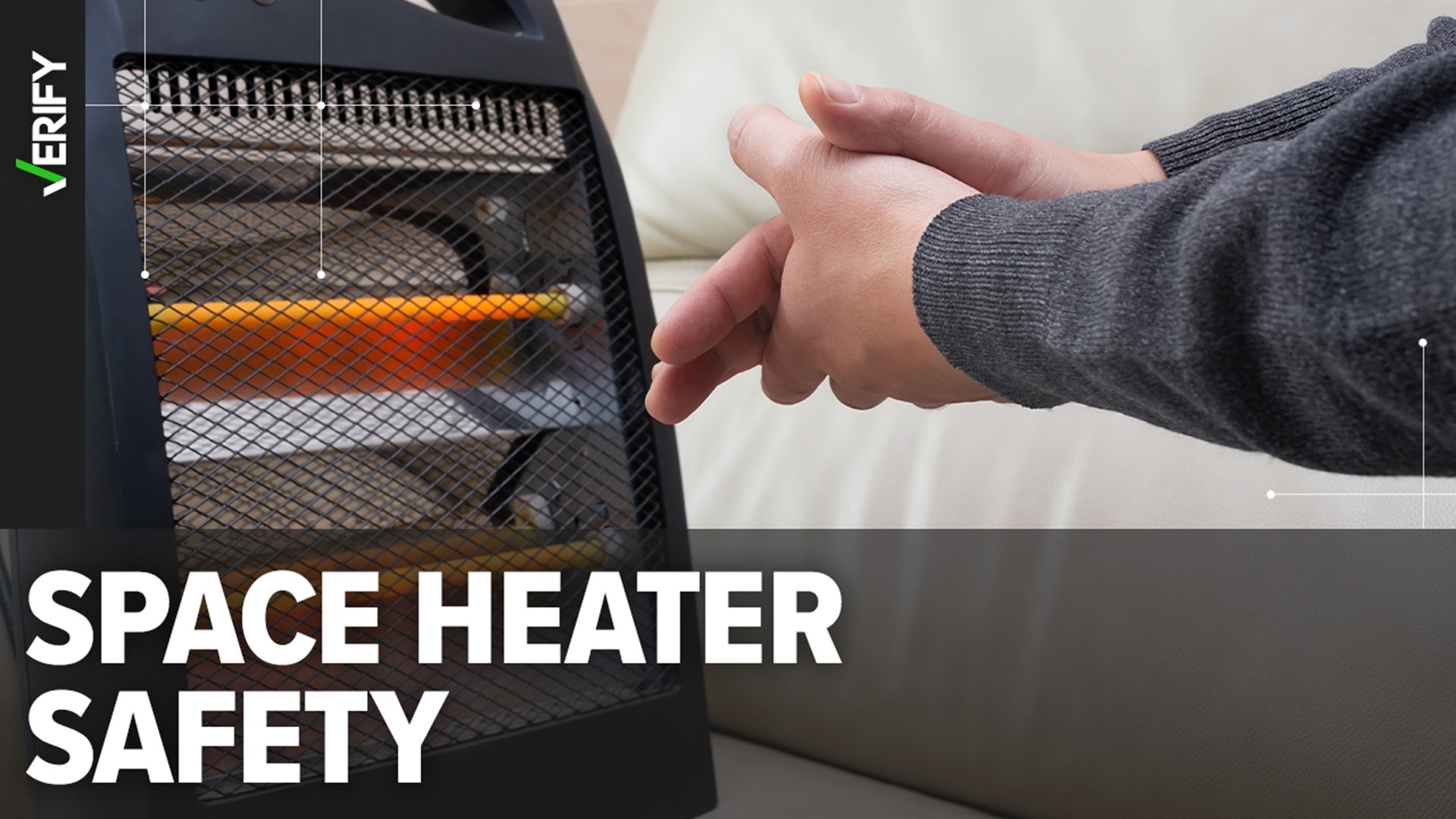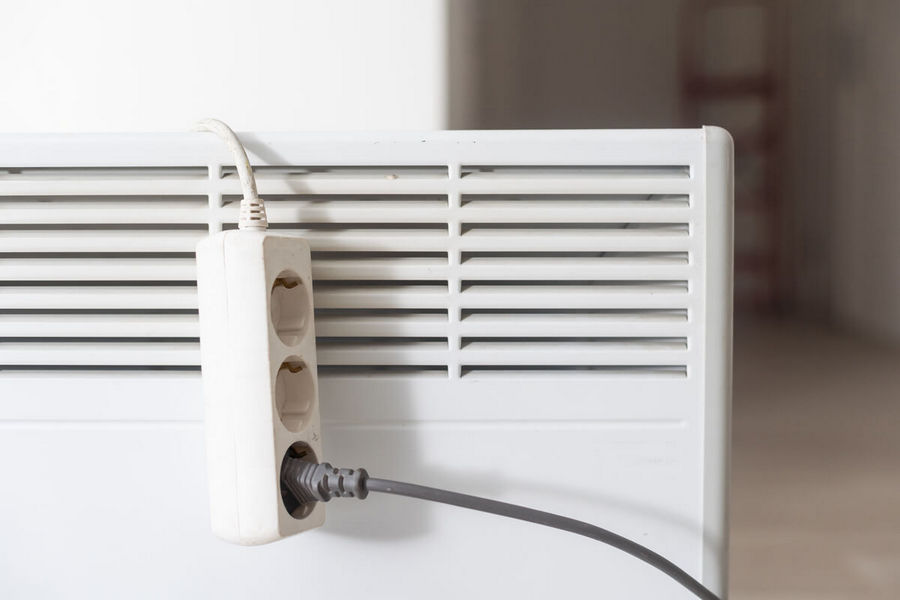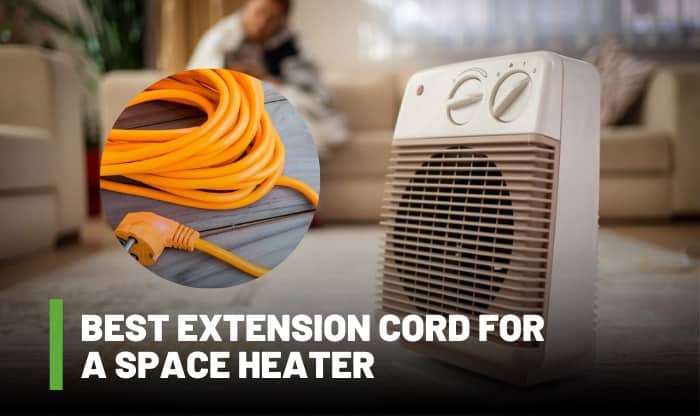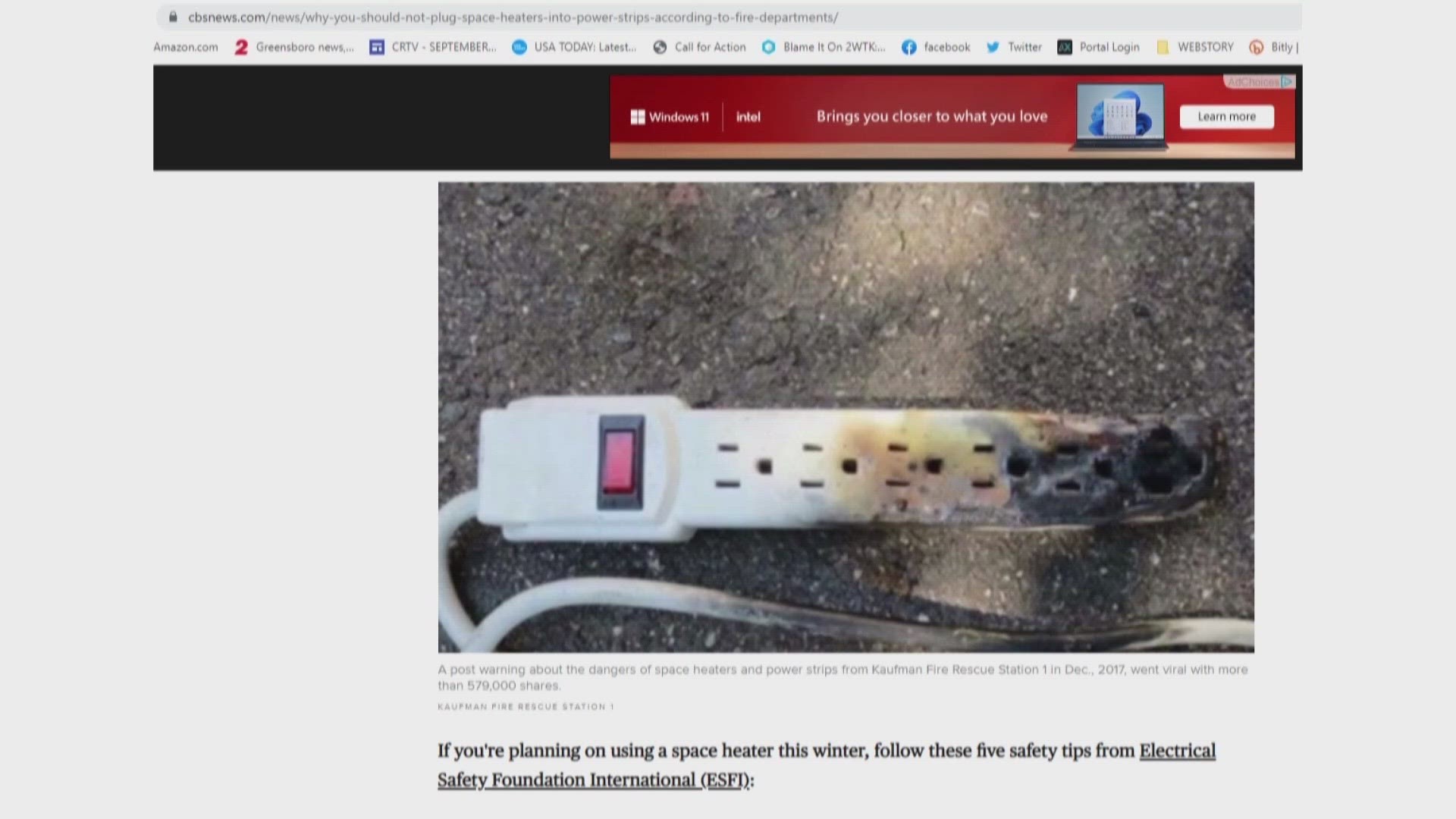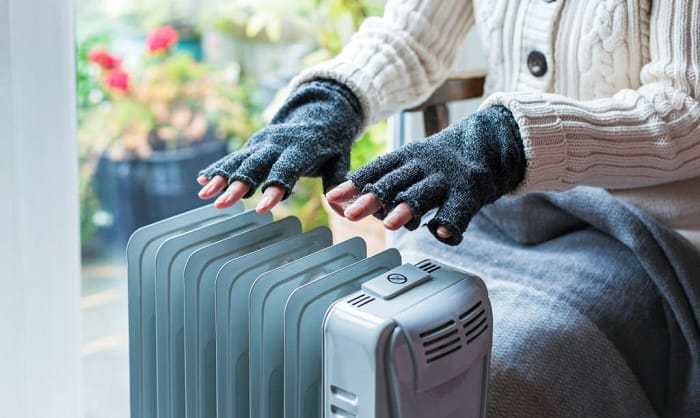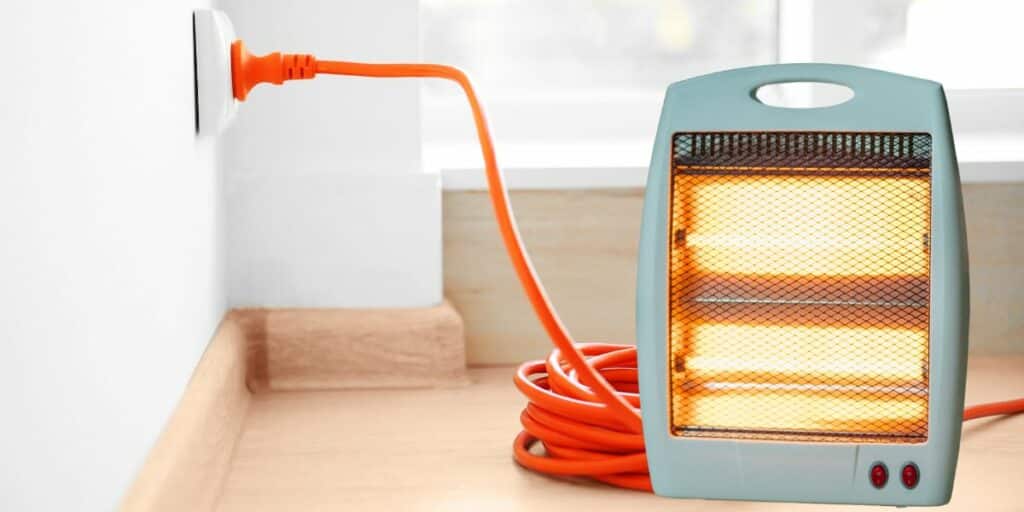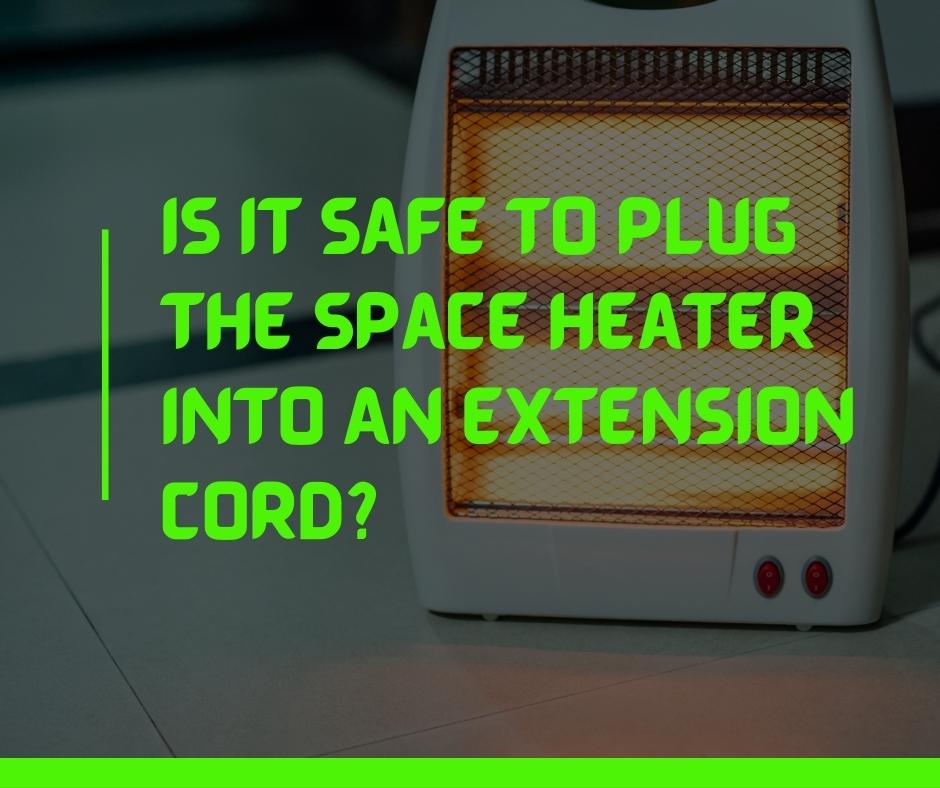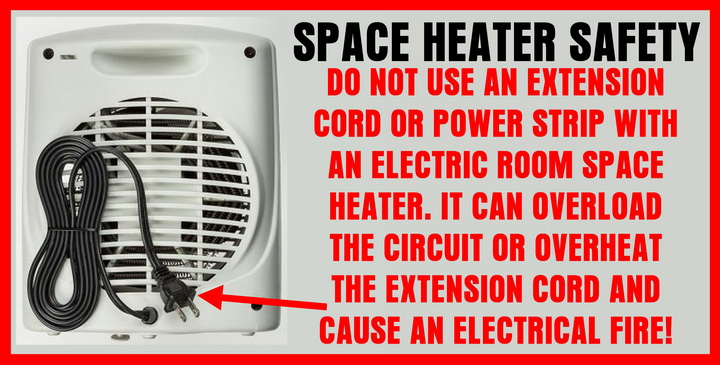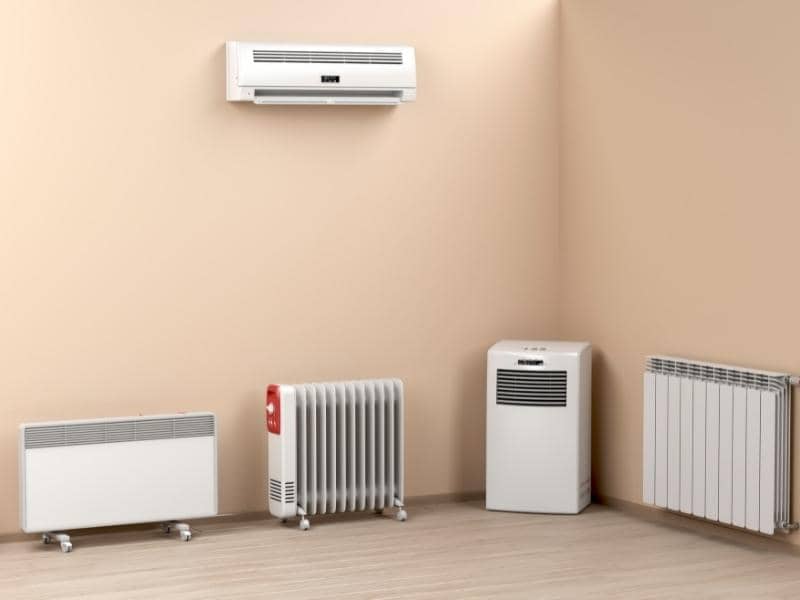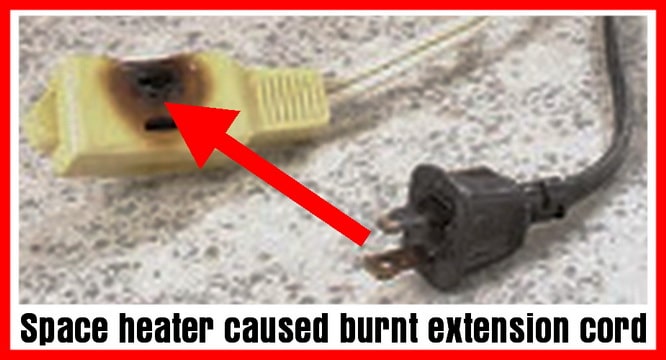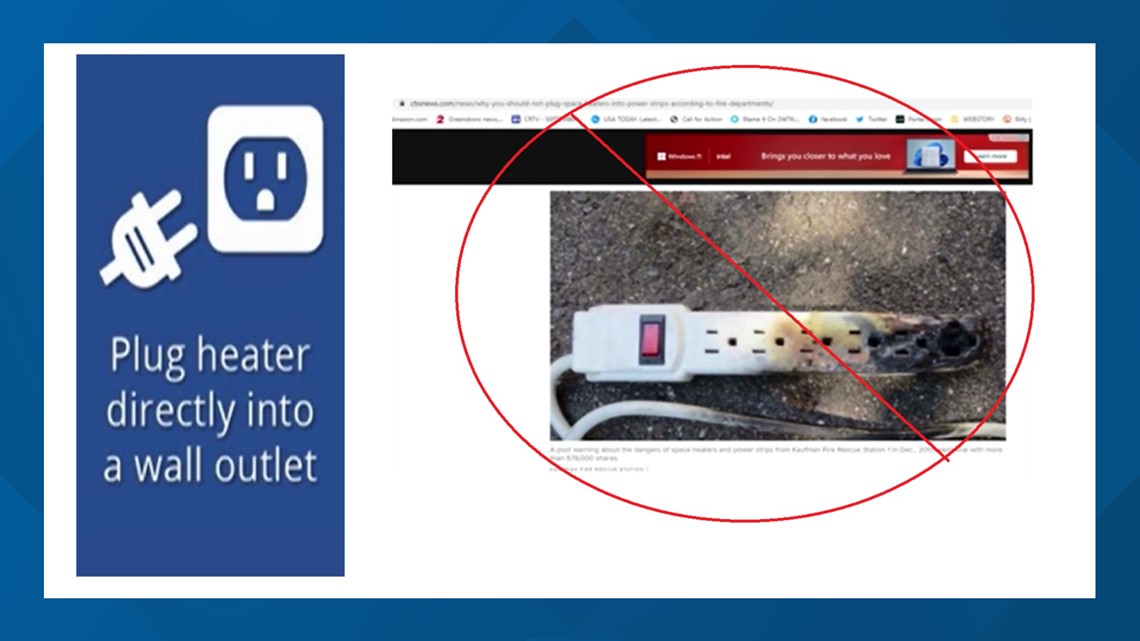Can A Space Heater Be Plugged Into An Extension Cord
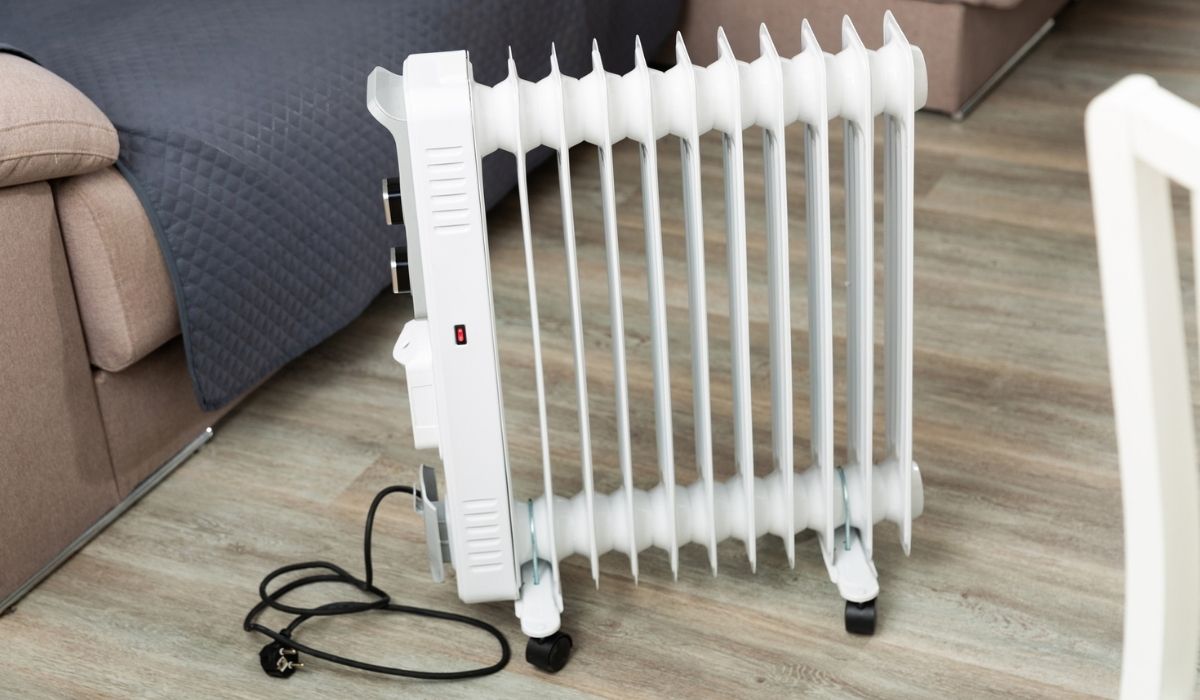
The winter chill had settled deep into the old Victorian house, seeping through drafty windows and under ill-fitting doors. A lone space heater, humming softly, glowed a cheerful orange in the corner of the living room, battling valiantly against the encroaching cold. But a nagging question lingered in the back of the homeowner's mind as they considered plugging it into a nearby extension cord: was this truly safe, or was it a potential recipe for disaster?
At the heart of the matter lies a crucial question: Can a space heater be plugged into an extension cord? The short answer is a resounding *maybe*, heavily leaning towards *no*. While it might seem convenient, connecting a space heater to an extension cord can pose serious fire hazards if done improperly. Understanding the risks and how to mitigate them is essential for staying warm and safe this winter.
The Power Hungry Space Heater
Space heaters are notorious for their high energy consumption. These devices are designed to rapidly generate heat, drawing a significant amount of electrical current to do so. This high wattage demand is what sets them apart from many other household appliances and is the key to understanding the dangers of using extension cords.
A typical space heater can draw between 1,000 and 1,500 watts, and sometimes even more. That's comparable to a microwave or even a small refrigerator, but concentrated into a much smaller, localized appliance.
This is where things get complicated. Extension cords are not created equal, and many are simply not designed to handle the intense electrical load of a space heater safely.
Understanding Amperage and Wattage
To fully grasp the issue, it's important to understand the relationship between amperage and wattage. Wattage (the amount of power an appliance uses) is calculated by multiplying voltage (the electrical potential) by amperage (the current flowing through the wire). In most US households, the voltage is around 120 volts.
So, a 1500-watt space heater operating at 120 volts draws 12.5 amps (1500 / 120 = 12.5). The amperage rating of an extension cord indicates the maximum current it can safely handle.
If you use an extension cord with a lower amperage rating than the space heater requires, you're essentially overloading the cord. This can lead to overheating, melting, and ultimately, a fire.
The Dangers of Overloading Extension Cords
Overloading an extension cord is like asking a tiny pipe to carry the flow of a large river. The cord's wires, not designed for such a high current, will heat up rapidly. This heat can melt the insulation surrounding the wires, exposing the bare conductors and creating a short circuit.
Short circuits are a major fire hazard, capable of igniting flammable materials nearby, such as carpets, curtains, or furniture. Furthermore, the heat generated by an overloaded extension cord can also damage the space heater itself, potentially causing it to malfunction and become even more dangerous.
Data from the National Fire Protection Association (NFPA) consistently shows that space heaters are a significant cause of home fires. Many of these fires are attributed to misuse, including the use of inappropriate extension cords.
"Space heaters are involved in a significant number of home heating fires,"according to a recent NFPA report.
What to Look for in a Safe Extension Cord (If You Must)
If you absolutely must use an extension cord with your space heater, there are several key features to look for to minimize the risks. First and foremost, ensure the cord is rated for at least 15 amps, preferably more.
Look for heavy-duty extension cords specifically designed for appliances with high wattage demands. These cords are typically thicker and have a lower gauge number, indicating a larger wire diameter. A 12-gauge or 14-gauge extension cord is generally recommended.
Make sure the cord is UL Listed or has a similar safety certification from a reputable testing laboratory. This indicates that the cord has been tested and meets certain safety standards.
Best Practices for Space Heater Safety
Even with a heavy-duty extension cord, it's always best to plug your space heater directly into a wall outlet. This eliminates the risk of overloading an extension cord altogether.
If a direct outlet is unavailable, consider having a qualified electrician install one closer to where you need the heater. This is a much safer and more reliable solution in the long run.
Always inspect the extension cord (and the space heater's power cord) for any signs of damage before use. Frayed wires, cracked insulation, or loose connections are all red flags that indicate the cord should be replaced immediately.
Other Important Safety Tips
Never leave a space heater unattended, especially when children or pets are present. Always turn it off when you leave the room or go to sleep.
Keep space heaters at least three feet away from anything that can burn, such as furniture, curtains, bedding, and papers.
Place the heater on a stable, level surface to prevent it from tipping over. Don't use space heaters in bathrooms or other damp areas.
A Reflective Conclusion
While the allure of instant warmth from a space heater is undeniable, it's crucial to prioritize safety above all else. The convenience of an extension cord can quickly turn into a dangerous situation if not handled with care and understanding.
Take the time to assess your electrical setup, choose the right equipment, and follow safety guidelines diligently. By being informed and proactive, you can enjoy the comfort of a space heater without compromising the safety of your home and loved ones.
Ultimately, staying warm this winter is about more than just the temperature in your room; it's about ensuring peace of mind and a safe environment for everyone.
